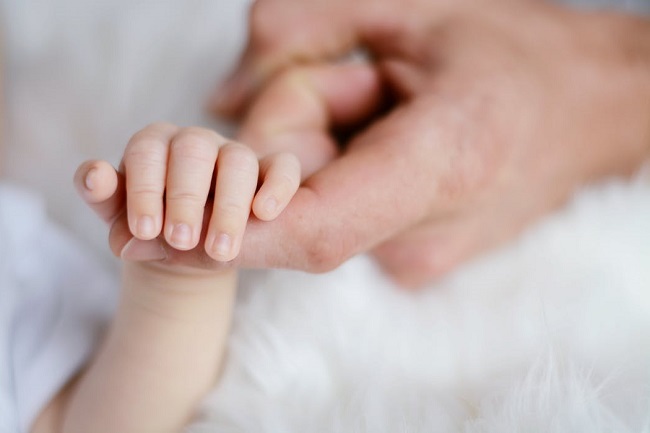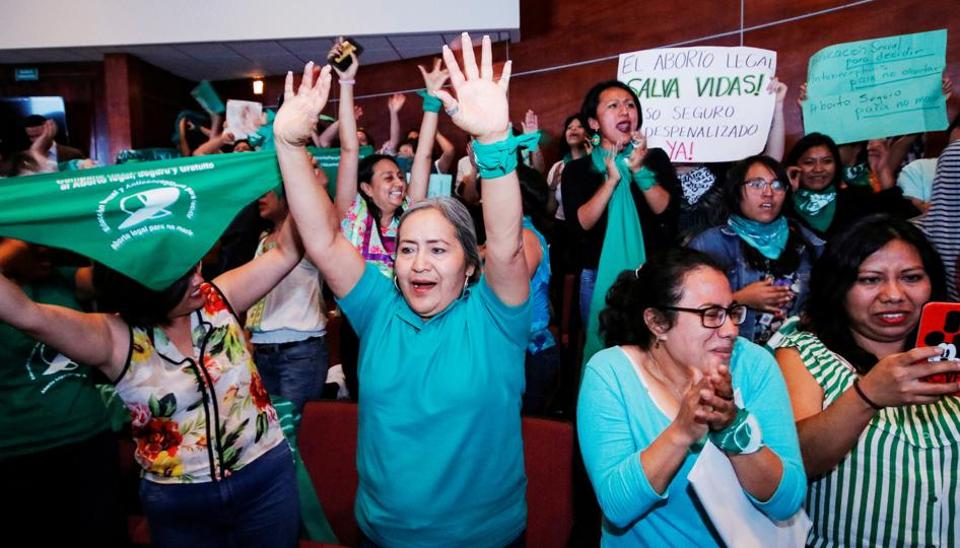Australia's most populous state revamps law on abortions
Legislators in Australia’s most populous state voted on Thursday to decriminalize abortion after a fractious debate that threatened to divide the conservative government of New South Wales.

Sydney: Legislators in Australia’s most populous state voted on Thursday to decriminalize abortion after a fractious debate that threatened to divide the conservative government of New South Wales.
The legislation revamping a century-old law that made abortion punishable by up to 10 years in prison was passed by a voice vote in the state legislature.
“Abortion has been decriminalized in NSW. Sorry it took so long,” independent legislator Alex Greenwich, one of the sponsors of the bill, wrote in a tweet.

The new law allows terminations for women who are up to 22 weeks pregnant. Beyond 22 weeks, two doctors need to approve an abortion and they also need to seek advice from a hospital advisory committee.
Also Read |
Australia to invest $680 million in dams for drought-stricken region
Previously, doctors could perform abortions only if they believed continuing the pregnancy would do serious harm to the woman’s health.
South Australia is now the only state to criminalize abortion.
The legislation introduced by independent lawmakers had split the ruling center-right state government and threatened the leadership of New South Wales Premier Gladys Berejiklian.
The rift was healed after conservative legislators secured support to amend the bill to require a hospital committee to advise on abortions after 22 weeks.
Nevertheless, the new law threatened to erode support from religious voters, a key electoral block for Berejiklian’s government.
Also Read |
Australia's east coast battles more than 100 bushfires, 21 homes destroyed
Anthony Fisher, the Catholic Archbishop of Sydney, said the vote was a “dark day” for the state.
He said in a statement it “may be the worst law passed in New South Wales in modern times, because it represents such a dramatic abdication of responsibility to protect the most vulnerable members of our community.” (Reuters)
 Dynamite News
Dynamite News 